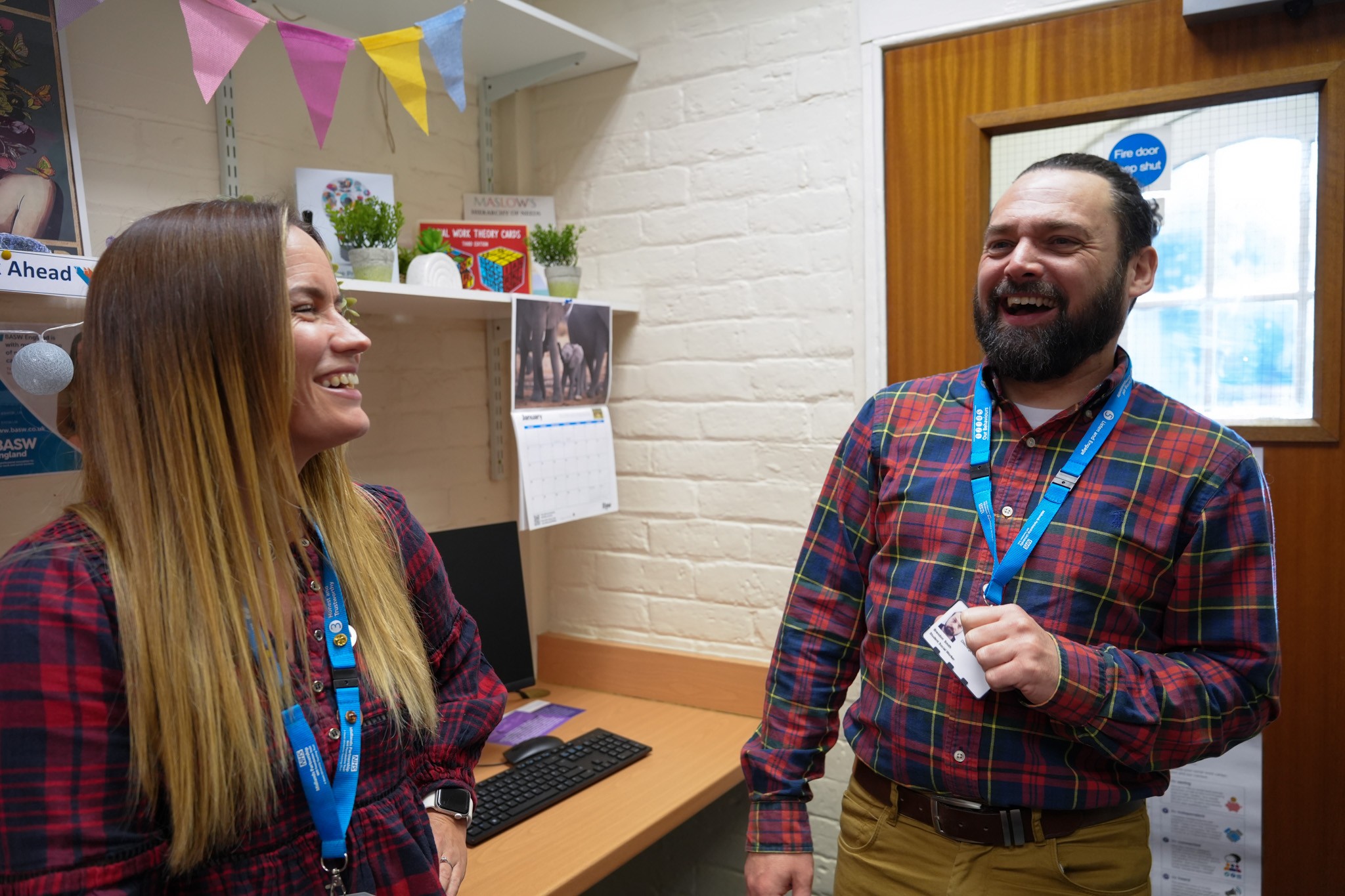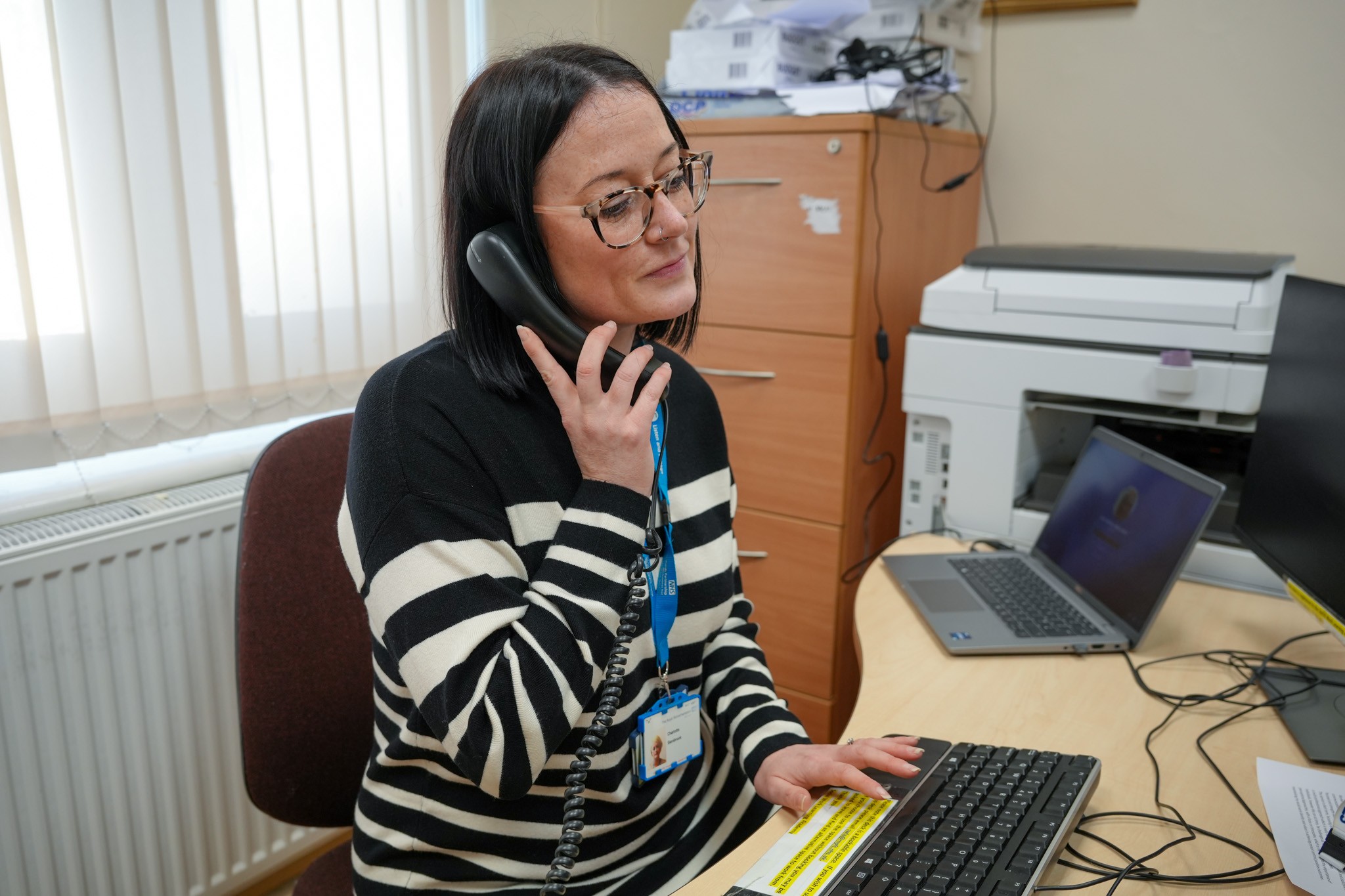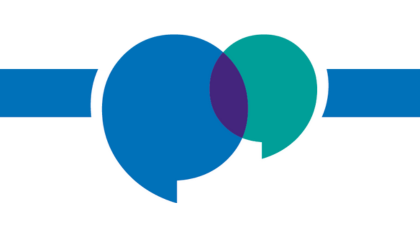A specific phobia is an extreme or irrational fear of an animal, object or situation. Fears and phobias are very common. In a recent national survey, 60% of the people interviewed reported that they feared some situation or thing. The most common fears were fears of bugs, mice, snakes, bats, heights, water, public transportation, storms, closed spaces, tunnels and bridges. Many people reported that they feared several things and that they consciously avoided them.
In fact, over 11% of the people indicated that their fears qualified as specific phobias. That is, their fears were persistent and associated with intense anxiety, they avoided or wanted to avoid certain situations, they realised that their fears were excessive or unreasonable, and their fears resulted in distress and difficulty in their normal lives.
We offer the recommended treatment of Low Intensity Cognitive Behavioural Therapy (Guided Self-Help) for Phobias. For some, a higher intensity type of support will be needed, and we also offer High Intensity CBT when required.




